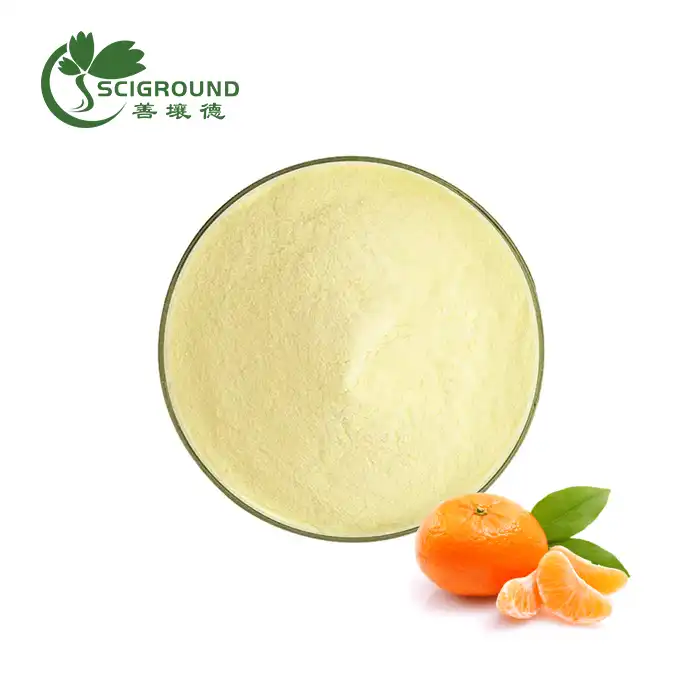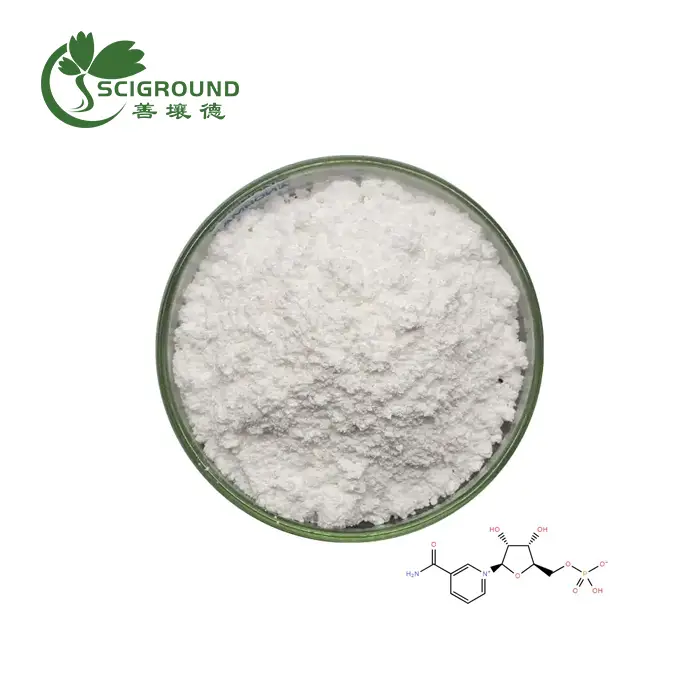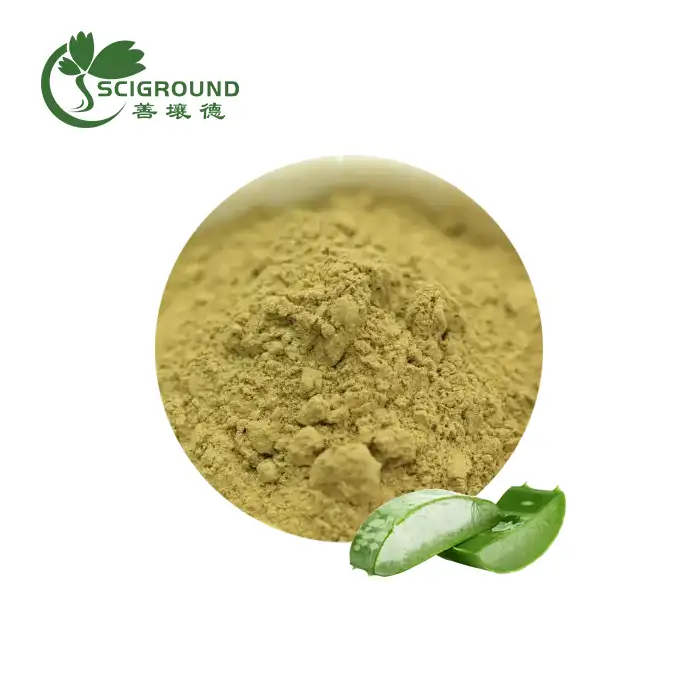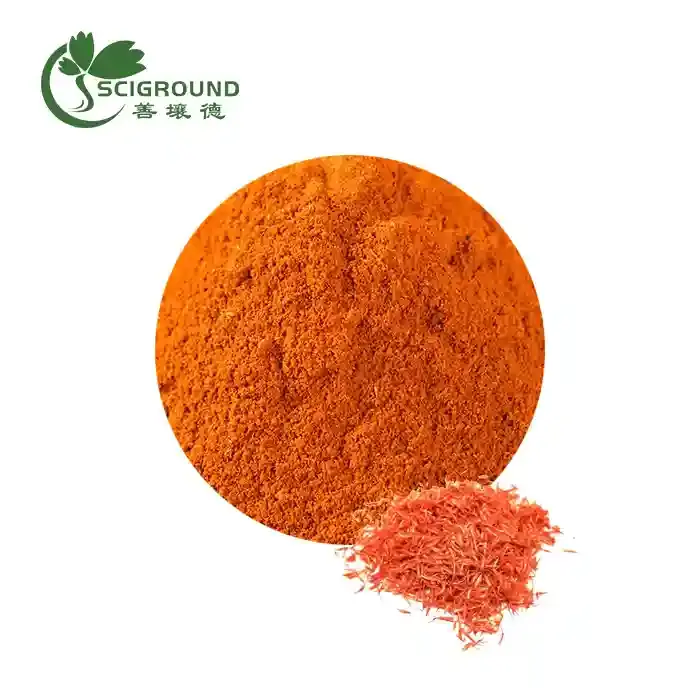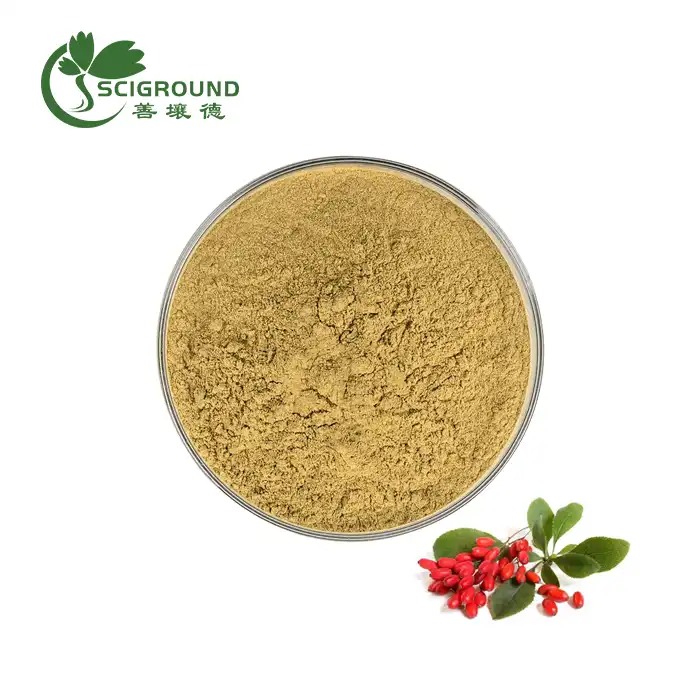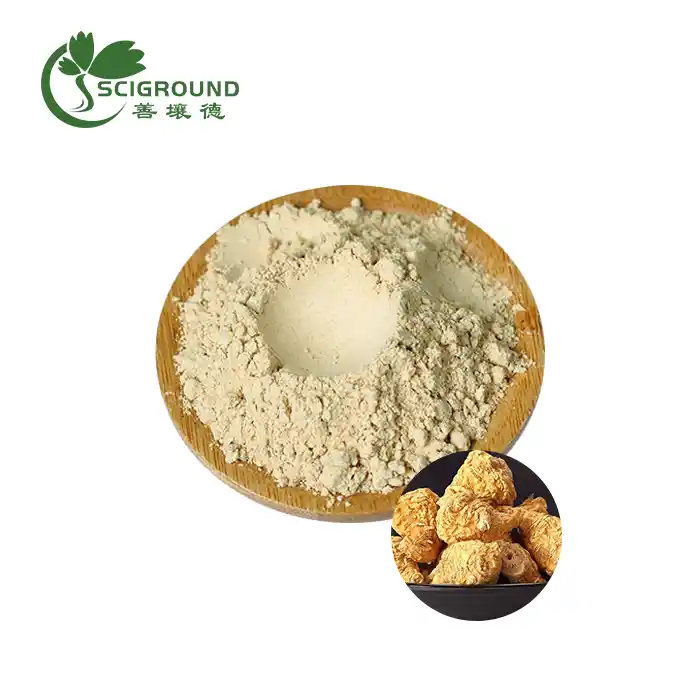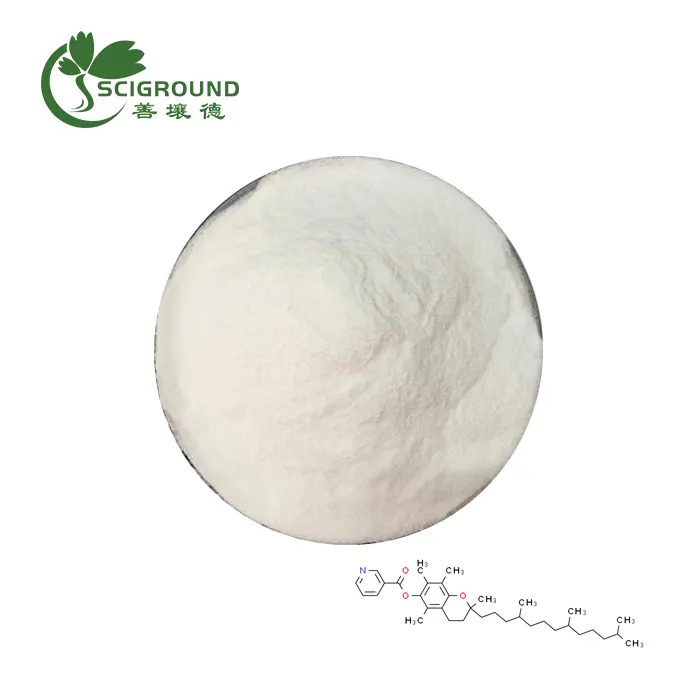What is Astragalus Extract Good For?
Astragalus extract, derived from the root of the Astragalus membranaceus plant, has long been revered in traditional Chinese medicine for its numerous health benefits. This potent herbal remedy has gained global attention for its potential to support the immune system, reduce inflammation, and enhance overall well-being. Packed with antioxidants, it is believed to combat oxidative stress and promote longevity. In this blog post, we will explore the multifaceted benefits of it, delving into its historical roots, the scientific evidence supporting its uses, and how incorporating it into your wellness routine may contribute to a healthier, more balanced lifestyle.
What are the benefits of Astragalus?
Astragalus, derived from the root of the Astragalus membranaceus plant, is a herb deeply rooted in traditional Chinese medicine, celebrated for its myriad health benefits. Here are some key advantages associated with the consumption of Astragalus:
Immune System Support:
Astragalus is renowned for its immune-boosting properties. It stimulates the production of white blood cells, enhances the body's resistance to infections, and helps modulate the immune response.
Adaptogenic Effects:
As an adaptogen, Astragalus helps the body adapt to stress by regulating cortisol levels. This adaptogenic quality is believed to contribute to increased resilience and improved stress response.
Anti-Inflammatory Properties:
Astragalus contains compounds with potent anti-inflammatory effects. These compounds may help reduce inflammation throughout the body, potentially providing relief for conditions associated with chronic inflammation.
Heart Health:
Studies suggest that Astragalus may have cardiovascular benefits. It may help lower blood pressure, improve blood flow, and reduce cholesterol levels, contributing to overall heart health.
Anti-Aging and Longevity:
Rich in antioxidants, Astragalus helps combat free radicals that contribute to aging and various diseases. Some research suggests that its antioxidant properties may play a role in promoting longevity.
Energy Boost:
Astragalus has been traditionally used to combat fatigue and increase energy levels. By supporting adrenal gland function and improving overall vitality, it may contribute to a sustained energy boost.
Diabetes Management:
Preliminary studies indicate that Astragalus may have potential benefits for individuals with diabetes. It may help regulate blood sugar levels and improve insulin sensitivity.
Wound Healing:
Astragalus has been traditionally used to enhance the healing of wounds. Its anti-inflammatory and immune-modulating effects may contribute to faster recovery and reduced infection risk.
Kidney Health:
In traditional Chinese medicine, Astragalus is believed to support kidney function. Some research suggests that it may help protect the kidneys and improve their overall health.
Cancer Support:
While more research is needed, some studies propose that Astragalus may have anti-cancer properties by inhibiting the growth of cancer cells and enhancing the immune system's ability to recognize and destroy abnormal cells.
Despite its promising benefits, it's essential to consult with a healthcare professional before incorporating Astragalus or any other supplement into your routine, especially if you have pre-existing health conditions or are taking medications.

Is Astragalus safe to take everyday?
Astragalus is generally considered safe for most people when taken within recommended doses. It has a long history of use in traditional medicine, particularly in Chinese herbal practices, and adverse effects are relatively rare. However, as with any supplement or herb, individual responses can vary, and it's crucial to exercise caution and consult with a healthcare professional before incorporating Astragalus into your daily routine.
Here are some considerations regarding the safety of taking Astragalus every day:
Dosage Matters:
Stick to the recommended dosage as suggested by healthcare providers or product labels. Excessive intake may lead to adverse effects, and moderation is key.
Potential Interactions:
Astragalus may interact with certain medications or conditions. If you are taking immunosuppressive drugs, have autoimmune conditions, or are on medications that may affect blood sugar or blood pressure, consult your healthcare provider before using Astragalus.
Allergic Reactions:
Some individuals may be allergic to Astragalus. If you experience symptoms like itching, swelling, or difficulty breathing, discontinue use and seek medical attention.
Pregnancy and Breastfeeding:
Limited research is available on the safety of Astragalus during pregnancy and breastfeeding. It's advisable for pregnant or breastfeeding individuals to consult their healthcare provider before using Astragalus.
Autoimmune Conditions:
Individuals with autoimmune diseases should exercise caution when considering Astragalus, as it may stimulate the immune system. Consulting a healthcare professional is crucial in such cases.
Surgery:
Astragalus may have effects on blood sugar levels and the immune system, which could potentially interfere with surgery. If you have a scheduled surgery, it's essential to inform your healthcare team about any supplements you are taking, including Astragalus.
Individual Variations:
People react differently to supplements. If you experience any unexpected side effects or if your health condition changes, consult your healthcare provider promptly.
In summary, while Astragalus is generally safe for many individuals, it's important to approach its use with caution and under the guidance of a healthcare professional. Regular monitoring and open communication with your healthcare provider can help ensure that Astragalus is safe and suitable for your specific health circumstances.
What are the negative side effects of Astragalus?
Allergic Reactions:
Some individuals may be allergic to Astragalus. Allergic reactions can manifest as itching, rash, swelling, or difficulty breathing. If any of these symptoms occur, it's crucial to discontinue use and seek medical attention.
Autoimmune Stimulation:
Astragalus has immune-stimulating properties, which can be beneficial for some individuals but may pose risks for those with autoimmune diseases. It's important to consult with a healthcare provider if you have conditions such as rheumatoid arthritis or lupus.
Digestive Issues:
In some cases, Astragalus supplementation may lead to mild digestive issues, such as bloating or diarrhea. Adjusting the dosage or discontinuing use can help alleviate these symptoms.
Interactions with Medications:
Astragalus may interact with certain medications, including immunosuppressants, anticoagulants, and drugs that affect blood sugar levels or blood pressure. Consulting with a healthcare professional is crucial if you are taking any medications.
Potential Blood Pressure Effects:
Astragalus may have hypotensive effects, potentially lowering blood pressure. Individuals with existing low blood pressure should exercise caution and monitor their blood pressure regularly.
Hormonal Effects:
There is limited research on the hormonal effects of Astragalus. It may have estrogen-like effects, so individuals with hormone-sensitive conditions, such as breast cancer, should use Astragalus with caution and under medical supervision.
It's important to note that scientific evidence on the negative side effects of Astragalus is limited, and individual responses can vary. The information provided here is based on general observations and should not replace professional medical advice.
References:
Block, K. I., Mead, M. N. (2003). Immune system effects of echinacea, ginseng, and astragalus: a review. Integrative Cancer Therapies, 2(3), 247–267.
Shao, B. M., Xu, W., Dai, H., et al. (2004). A study on the immune receptors for polysaccharides from the roots of Astragalus membranaceus, a Chinese medicinal herb. Biochemical and Biophysical Research Communications, 320(4), 1103–1111.
McCulloch, M., See, C., Shu, X. J., et al. (2006). Astragalus-based Chinese herbs and platinum-based chemotherapy for advanced non-small-cell lung cancer: meta-analysis of randomized trials. Journal of Clinical Oncology, 24(3), 419–430.
Related Industry Knowledge
- What is Nymphaea alba flower extract?
- What are the health benefits and uses of almond flour?
- What is clove powder used for?
- Persimmon Nutrients
- What is Lion's Mane Mushroom Extract Good For
- Can you lose weight with Ganoderma lucidum?
- When to Take Resveratrol
- Mulberry Leaves Extract Powder: A Superfood for Your Health
- Tongkat Ali Extract Powder: Unleashing the Potency of Nature's Vitality Booster
- Who should avoid vitamin B1?
